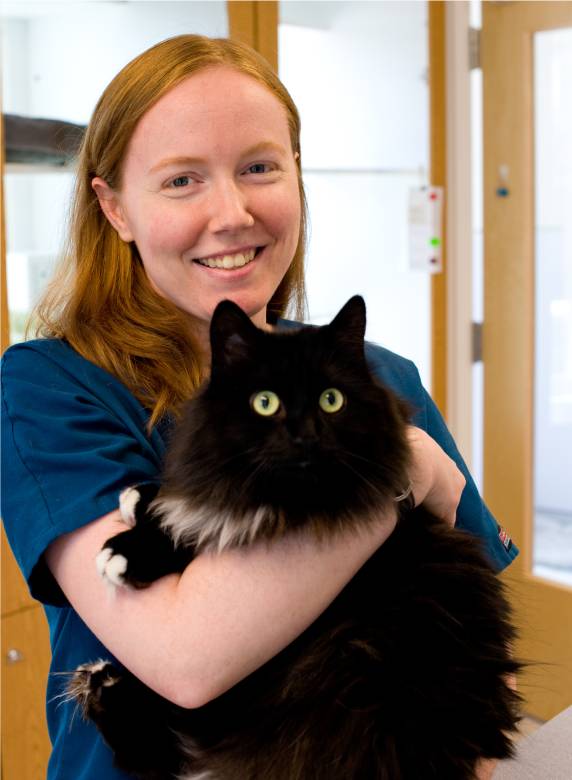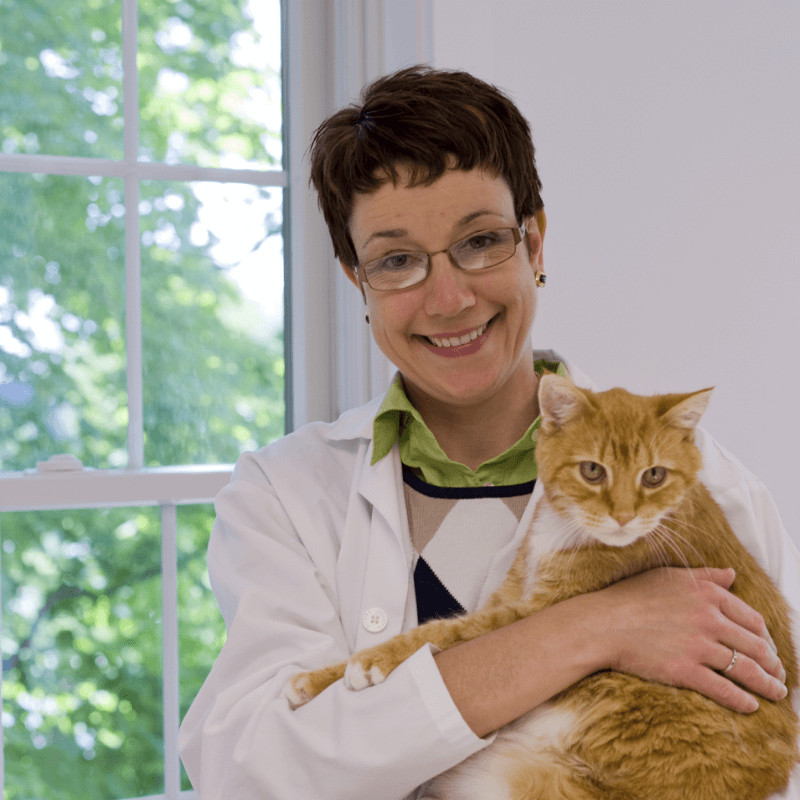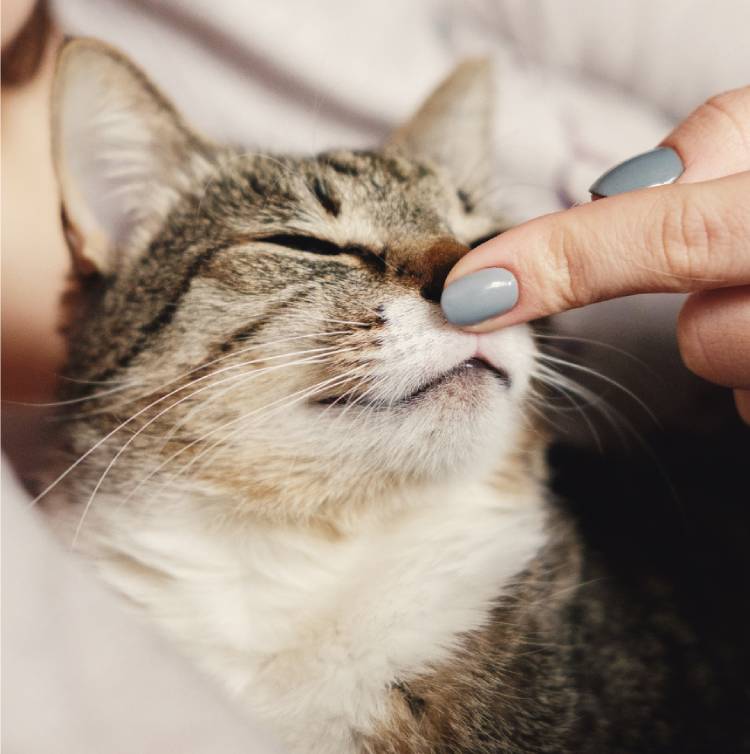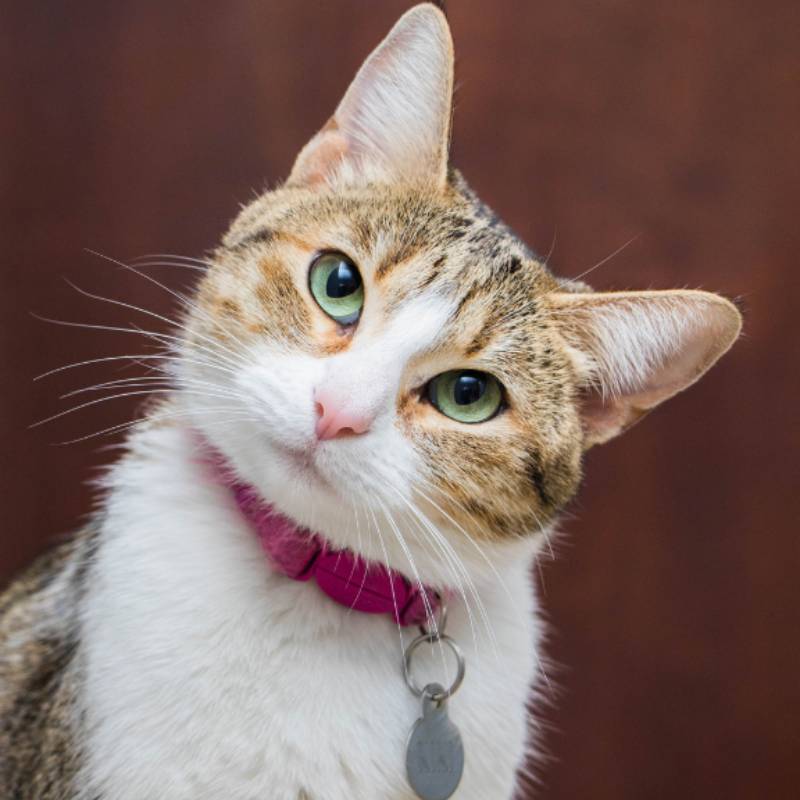About Us
About Cats Limited Veterinary Hospital
Cats Limited Veterinary Hospital proudly serves West Hartford, CT, and surrounding areas. We are dedicated to providing the highest level of veterinary medicine. We believe in treating every patient as if they were our own cat and giving them the same loving attention and care. We are a group of highly trained, experienced feline lovers devoted to giving our patients the best veterinary care possible.
We are an award-winning veterinary hospital in Hartford that focuses on only cats. Let’s work together to make your feline friend happy and healthy.
VOTED “BEST VETERINARIAN IN CONNECTICUT”


Veterinary Services
Complete Veterinary Services in West Hartford, CT
Cat
Boarding
Cat
Dental Care
Cat
Hospitalization
Cat
Laboratory

Our Veterinary Team
Meet Our Veterinary Team
Our veterinary team at Cats Limited Veterinary Hospital is a group of highly trained cat lovers who are dedicated to their jobs. We love learning everything we can about the veterinary field so that we can give all patients the care they deserve.
Our team also treats all patients as if they were our own. All cats that come through the door get plenty of love and attention so they can stay healthy. When they are ill, our staff makes it our goal to get them back to health as soon as possible.
Our Client Reviews
Thank You for Your Kind Words
We Invite You to Join the Cats Limited Family
Many of our clients have been with us for over 20 years. We have been so fortunate to watch kittens and babies grow up. Please learn more about our cat-exclusive veterinary hospital by watching our introductory video and contact us with any questions or to schedule your next appointment.
We Invite You to Join the Cats Limited Family
Many of our clients have been with us for over 20 years. We have been so fortunate to watch kittens and babies grow up. Please learn more about our cat-exclusive veterinary hospital by watching our introductory video and contact us with any questions or to schedule your next appointment.




